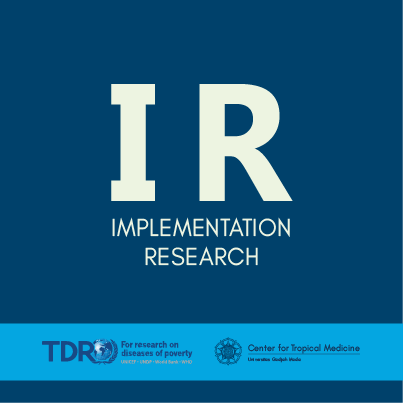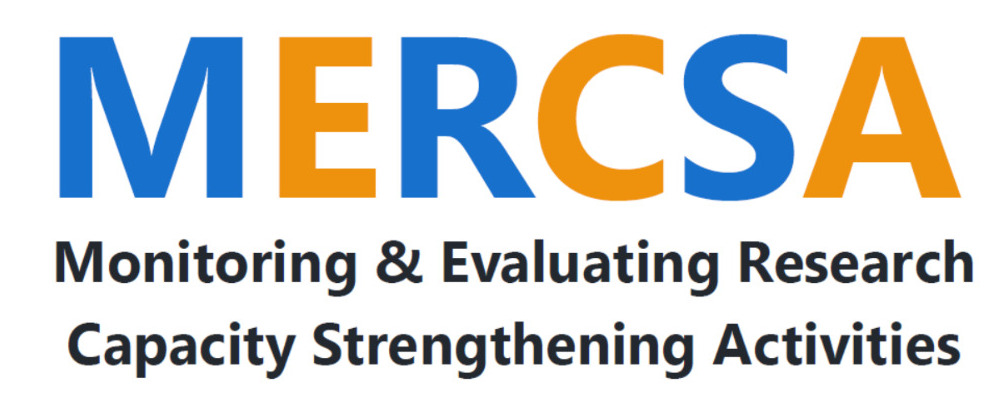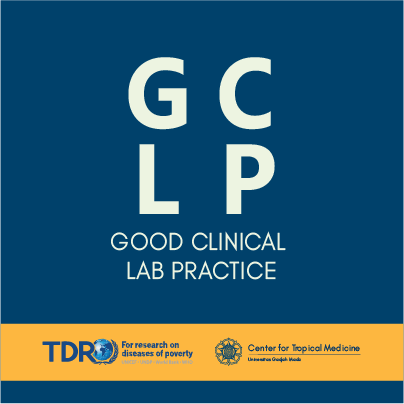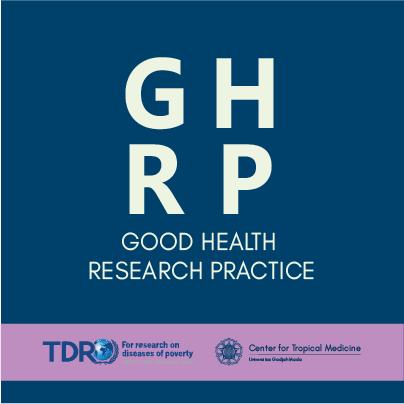
7 Courses

Implementation Research (ENG)
While implementation research (IR) has been defined in various ways by different institutions, common interpretations focus on the systematic approach to understanding and addressing barriers to effective and quality implementation of health interventions, strategies, and policies. IR is demand-driven and the research questions are framed based on needs identified with relevant stakeholders/implementers in the health system. This course will introduce participants to the concept of IR, tools, and materials relevant to IR, and facilitate the development of an IR proposal.
The course aims to develop IR capacity in both individuals and institutions, particularly in low- and middle-income countries, where the greatest needs for expanding IR capacity persist. Throughout the capacity-building process, there are feedback loops for monitoring, tool kit adaptation, and improvements, as well as suggested approaches to ensure integration of knowledge translation and uptake of results.


Good Clinical Practice
Good Clinical Practice is an international ethical and scientific standard for designing, conducting, analyzing, and reporting clinical trials that involve the participation of human subjects. Compliance with this standard provides public assurance that the rights, safety, and well-being of trial subjects are protected. It also ensures the credibility of the trial data. The subject of GCP has become an international significance. Sponsors of clinical research generally demand that all research activities must be delivered according to the GCP standard.
This course was designed to set the stage for the GCP training by providing a background understanding of how the concept of GCP has evolved to where it is now. The module provides an overview of what forces led to the landmark International Conference on Harmonization (ICH) that triggered the GCP. A special focus is dedicated to developing country research and development activities whose researchers are compelled to adhere to GCP in environments that may not be easily conducive to GCP requirements.

Good Clinical Laboratory Practice
Good Clinical Laboratory Practice (GCLP) is a guideline in using laboratory samples for clinical studies. For some years, it has been internationally recognized that clinical laboratories processing specimens from clinical trials require an appropriate set of standards to guide good practices. Good Clinical Practice (GCP) is not designed for laboratories and Good Laboratory Practice (GLP) focuses only on pre-clinical analyses and not on human samples from clinical trials. Therefore the British Association of Research Quality Assurance (BARQA) suggested in 2003 a guideline to close the gap. It was agreed that GCLP would be a valuable tool for improving and assuring quality laboratory practice in clinical trials. It was recognized that the GCLP Guidelines were not widely available, and it was recommended that WHO/TDR publish the guidelines on its website as the standard for laboratories undertaking samples from TDR-supported clinical trials. The TDR Diagnostics Evaluation Expert Panel (DEEP) has since recommended GCLP as the standard for clinical laboratories involved in the evaluation of diagnostics for infectious diseases. The spirit of this course is to disseminate and share the experience and knowledge on GCLP particularly in developing countries with its limitation in lab facilities.

WHO TDR
Implementation Research (IND)
While implementation research (IR) has been defined in various ways by different institutions, common interpretations focus on the systematic approach to understanding and addressing barriers to effective and quality implementation of health interventions, strategies, and policies. IR is demand-driven and the research questions are framed based on needs identified with relevant stakeholders/implementers in the health system. This course will introduce participants to the concept of IR, tools, and materials relevant to IR, and facilitate the development of an IR proposal.
The course aims to develop IR capacity in both individuals and institutions, particularly in low- and middle-income countries, where the greatest needs for expanding IR capacity persist. Throughout the capacity-building process, there are feedback loops for monitoring, tool kit adaptation, and improvements, as well as suggested approaches to ensure integration of knowledge translation and uptake of results.

WHO TDR
Good Health Research Practice
Notwithstanding, the underlying concept of GCP, i.e. protection of human subjects and validity of data generated is a sensible idea that all health researchers would aspire to, and that is with no doubt applicable to all health research involving human subjects. Therefore, although some GCP details may not apply to all types of health research involving human subjects, consideration of the basic principles has to be promoted wherever applicable as a means of ensuring the research participants are not exposed to undue risk and that data generated are valid and accurate.
There is thus a need to develop the capacity of the research community to implement concept and principles of good research practices in all health research, by developing knowledge and understanding of these concepts, as well as capacity to assess the level of requirement upon the level of risk, to ensure a fit for purpose quality system.
WHO-TDR has initiated the development of a training course that is expected to impart knowledge and skills on good health research practices (GHRP) related to the conduct of human health research.

